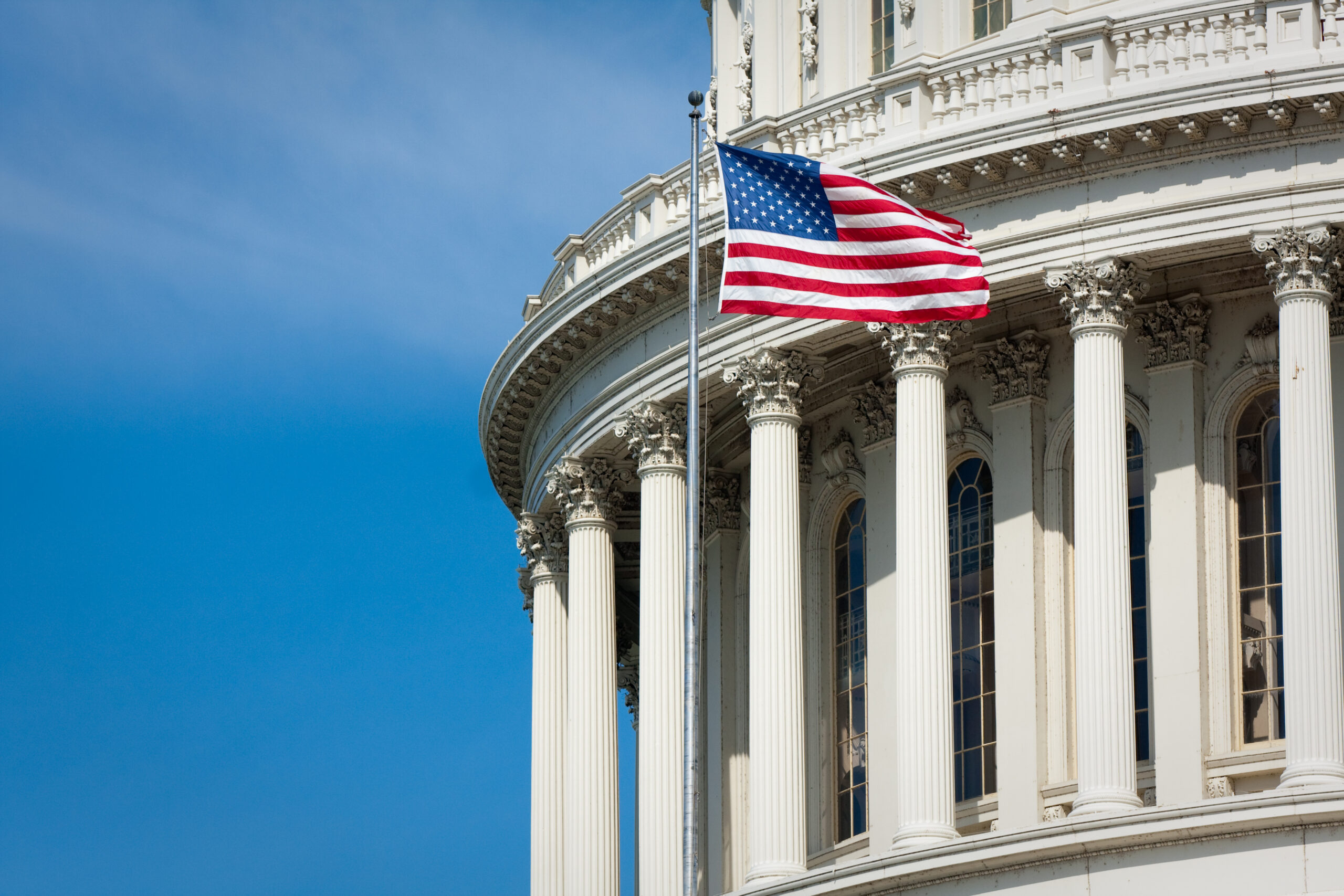A coalition of funders has initiated a groundbreaking project aimed at bridging the gap between scientific research and policymaking, with a commitment of US$70 million. This significant investment will support the establishment of a comprehensive framework for synthesizing scientific evidence rapidly, thus enabling governments to make informed decisions on pressing global challenges, including climate change, public health, and sustainable development.
The initiative, driven by prominent organizations and philanthropic foundations, seeks to address the persistent challenges in translating scientific knowledge into actionable policies. Policymakers often face difficulties accessing reliable and relevant data, which can lead to ineffective or poorly designed interventions. The new system aims to streamline the process of gathering, evaluating, and disseminating scientific insights, making it easier for decision-makers to utilize the best available evidence.
At the heart of this effort is the creation of so-called “evidence banks.” These digital repositories will compile and categorize scientific findings from various disciplines, ensuring that policymakers have quick access to the most pertinent information when tackling complex issues. By establishing these resources, the initiative aims to provide a reliable foundation for policy decisions, fostering a more science-informed approach to governance.
The project’s supporters highlight the urgency of equipping policymakers with the tools necessary to address contemporary challenges effectively. Climate change, for instance, presents an intricate array of problems requiring immediate and coordinated responses. As nations strive to meet their environmental goals, the demand for rapid, evidence-based solutions is more critical than ever.
Leading experts in the field of science and policy argue that an integrated system for synthesizing scientific evidence could significantly enhance the effectiveness of governmental actions. By utilizing sophisticated algorithms and machine learning techniques, these tools can sift through vast amounts of data to identify trends, potential impacts, and effective strategies. This process not only saves time but also ensures that decisions are based on the latest and most relevant research.
Among the participating organizations are established scientific institutions and think tanks, which will collaborate with technology firms to develop user-friendly platforms for data access and visualization. These platforms will allow policymakers to interact with the data intuitively, tailoring the information to their specific needs. The goal is to empower users to generate actionable insights without requiring advanced statistical knowledge or expertise in data analysis.
The initiative’s founders emphasize the importance of fostering a culture of collaboration between scientists and policymakers. By creating networks that facilitate ongoing communication and knowledge exchange, the project aims to break down the silos that often impede effective policymaking. Regular workshops and training sessions will be held to ensure that both parties can engage meaningfully with one another, sharing insights and strategies to maximize the impact of scientific research on policy.
A growing body of research underscores the necessity of such initiatives. Studies show that when policymakers engage with scientific experts, they are more likely to produce effective policies that address societal needs. This connection has been particularly evident during public health crises, such as the COVID-19 pandemic, where the integration of scientific insights into government responses was crucial for mitigating impacts and saving lives.
As part of the funding commitment, stakeholders are also prioritizing transparency and accountability. By establishing mechanisms for tracking the utilization of scientific evidence in policy decisions, the initiative aims to foster public trust in both science and government. Citizens will be able to see how research is translated into policy actions, reinforcing the idea that evidence-based decision-making leads to more effective governance.
The project’s potential to reshape the landscape of policymaking cannot be understated. With climate change, social inequality, and global health challenges at the forefront of political agendas, having access to robust scientific evidence can make all the difference. Policymakers equipped with the right tools and information will be better positioned to address these complex issues and implement strategies that promote long-term sustainability and resilience.


